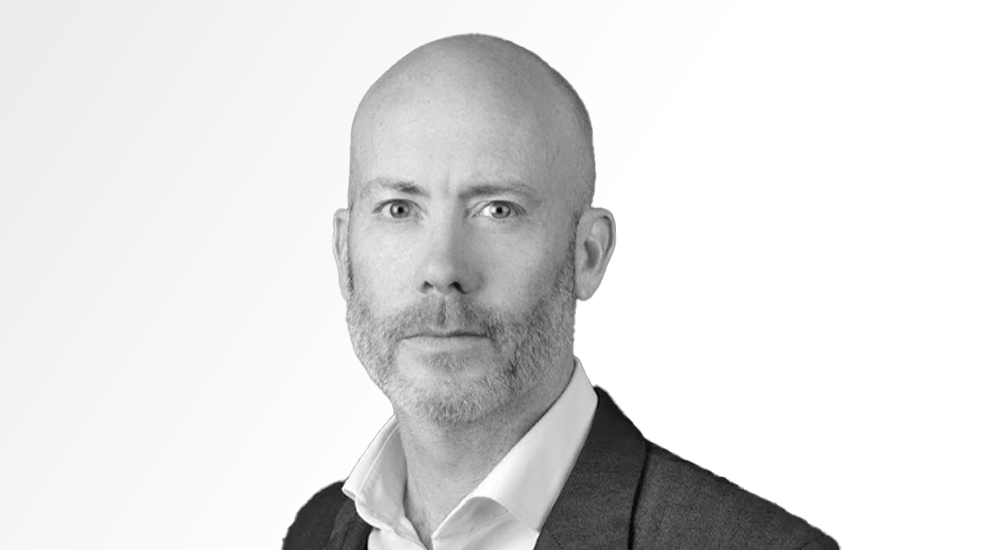HSBC Asset Management’s global head of responsible investments Stuart Kirk has said private capital may hoover up low-scoring environmental, social and governance (ESG) stocks as investors divest amid growing pressure from shareholders.
Speaking to ETF Stream ahead of Big Call: ESG Investors Forum 2021, Kirk warned individual investors, private consortiums or certain hedge funds – which may have less concern about ESG outcomes – could fill the financing gap left by fleeing institutional investors.
He added such companies could be less inclined to engage with fossil fuel companies, and at which point “the world would not have less insight or transparency”.
“The United Nations wants us all to align with the Paris Agreement and the Principles for Responsible Investment (PRI) and net zero goals. But for secondary market securities, by definition, we cannot all be aligned at the same time,” Kirk said.
“If a more-worthy financial institution wants to align with PAB or reduce exposure to low scoring ESG stocks, someone else must buy them, this could be retail or hedge funds which do not have the experience or commitment around ESG outcomes.
“In worst case scenarios, companies will sell their ugly businesses and they will disappear from view.”
Kirk added this is already the case for some coal assets. Certain buyers are “way less careful than Rio Tinto or BHP would be”.
Private equity financing of fossil fuels has dwarfed that of renewables over the past decade, according to Fitch Ratings, although there are signs this starting to change due to rising pressure from limited partners.
“Mainstream private equity has a leadership role to play here”, said Kirk.
More than $150bn has been invested into fossil fuel assets between 2010 and 2020 compared to $40bn in solar and wind, the agency said.
Speaking at the Global Horizon Summit running alongside COP26 in Glasgow, last week, BlackRock chairman and CEO Larry Fink has said we must bring private capital on the journey to net-zero or risk “the biggest capital arbitrage in our lifetime”.
Are climate change ETFs greenwashing?
Kirk said there also needed to be clearer definitions between trading and investing and the impact it can have in changing the world.
“Investing really can change the world, especially the actual giving of money to a company or withholding it, at an IPO or credit issue, for example. Direct lending and venture capital too.”
“But the buying and selling of equities is trading – the capital is already raised, and is permanent. Here it is up to engagement to do the heavy lifting. This is why we are so committed to it and are investing heavily in our team.”
In August, HSBC launched two Paris-aligned climate ETFs offering exposure to US and European equities. This followed the launch of its first climate ETF, the HSBC MSCI World Climate Paris Aligned UCITS ETF (HPAW).



